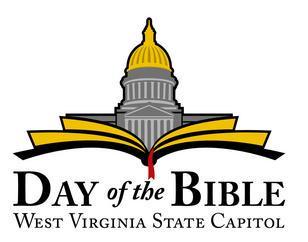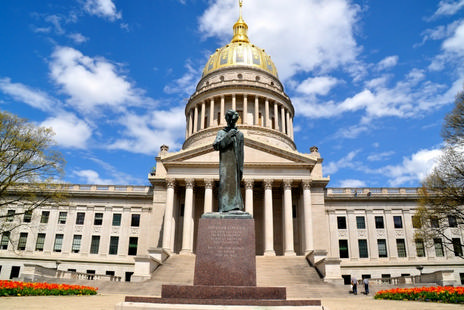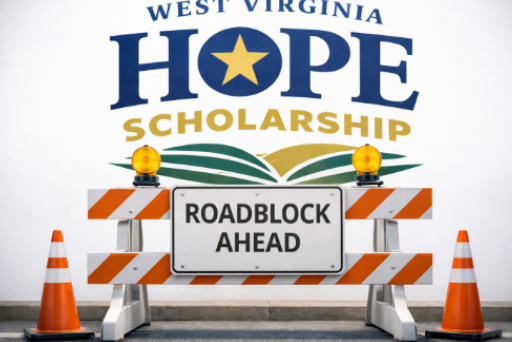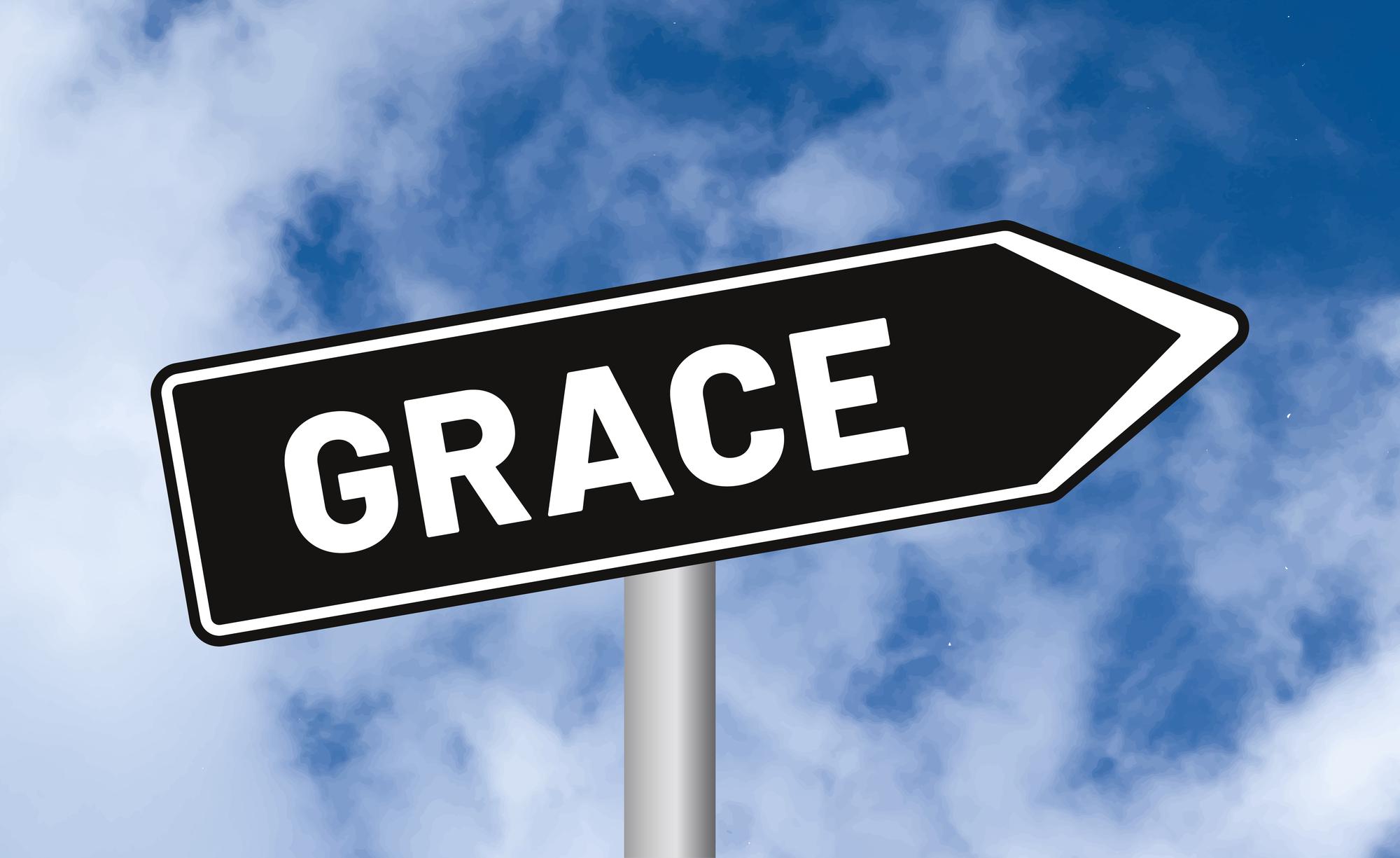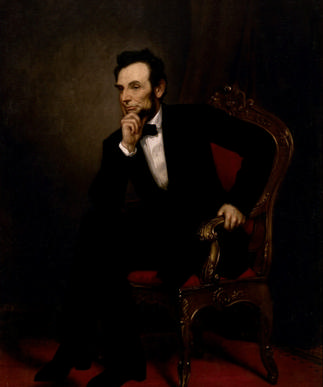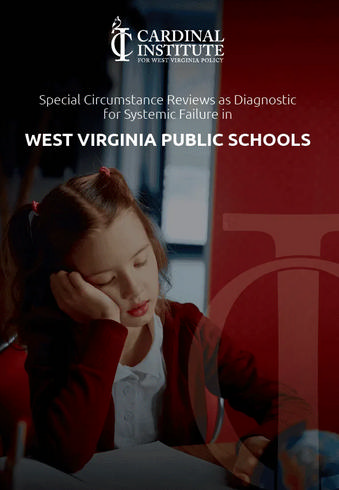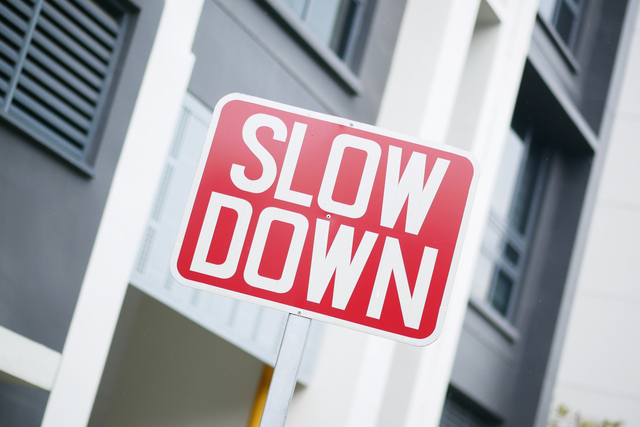Celebrating Opportunity: How School Choice Week is Transforming Education in West Virginia
The Hope Scholarship and Church-Led Microschools Pave the Way for a Brighter Future

School choice has emerged as a pivotal issue for families in West Virginia, offering opportunities to tailor education to the diverse needs of students. National School Choice Week, an annual celebration of educational opportunity, provides an ideal time to reflect on how this movement aligns with the values and priorities of West Virginia families, particularly through programs like the Hope Scholarship and the potential for churches to establish microschools.
The Growing Demand for School Choice in West Virginia
In recent years, West Virginia has become a leader in advocating for educational freedom. The introduction of the Hope Scholarship program has been a game-changer, providing families with the financial resources to explore educational options outside the traditional public school system. This initiative empowers parents to use state-allocated funds for private school tuition, homeschooling resources, or other approved educational services.
The program has gained significant traction because it addresses a critical need: every child learns differently, and a one-size-fits-all approach to education is no longer sufficient. Research consistently shows that school choice improves academic outcomes and increases parental satisfaction. According to a study by EdChoice, 74% of parents involved in school choice programs reported higher satisfaction with their children’s education compared to only 55% of parents with children in public schools.
Why School Choice Matters for West Virginia Families
West Virginia’s education challenges are well-documented. The state ranks below the national average in several key metrics, including high school graduation rates and standardized test scores. Moreover, rural communities often lack access to high-quality educational options, leaving many families feeling stuck.
School choice addresses these disparities by introducing competition and innovation into the education sector. When families have the freedom to choose, schools are incentivized to improve their offerings. This not only benefits students who leave public schools but also drives systemic improvements that benefit all students. In fact, data from the American Federation for Children shows that competition from school choice programs has led to measurable improvements in public schools nationwide.
The Role of the Hope Scholarship
The Hope Scholarship has been a beacon of opportunity for West Virginia families. By giving parents control over their education dollars, the program enables them to prioritize their children’s unique needs. Whether it’s funding a specialized curriculum for a child with learning disabilities or providing access to advanced STEM courses, the Hope Scholarship removes financial barriers that previously limited educational opportunities.
The program’s impact is evident in the numbers. Within its first year, thousands of families applied, signaling a strong demand for alternatives to the traditional public school system. As the program grows, it has the potential to transform the educational landscape of West Virginia, ensuring that all children, regardless of their zip code, have access to quality education.
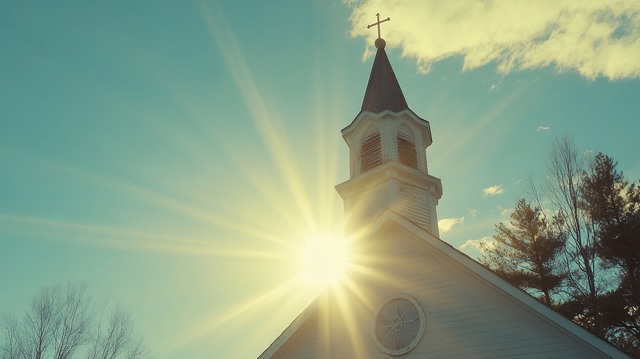
Churches and the Rise of Microschools
One of the most exciting developments in the school choice movement is the opportunity for churches to play a pivotal role in education through the establishment of microschools. These small, community-based schools offer a low-cost and highly effective alternative to traditional schooling. By leveraging existing resources like church facilities and volunteers, microschools can provide personalized education in a faith-based environment.
Microschools align perfectly with the mission of many churches to serve their communities and nurture the next generation. They also address some of the unique challenges faced by rural communities in West Virginia, where traditional private schools may not be accessible. With the support of programs like the Hope Scholarship, churches can provide affordable tuition options, making high-quality education accessible to families who might otherwise be unable to afford it.
The benefits of microschools extend beyond academics. These schools foster a close-knit community where students receive individualized attention and mentorship. Parents also report higher levels of satisfaction due to the strong alignment of educational values with their family’s faith and priorities.
The Bigger Picture: Why School Choice is a Moral Imperative
At its core, school choice is about justice and opportunity. Every child deserves access to an education that equips them for a successful future, regardless of their socioeconomic status. For too long, systemic inequities have limited educational opportunities for low-income and rural families in West Virginia. School choice levels the playing field, giving all families the freedom to choose what’s best for their children.
Moreover, school choice reflects a commitment to parental rights. Parents know their children best and should have the autonomy to make decisions about their education. Programs like the Hope Scholarship and the rise of microschools empower parents to take an active role in shaping their children’s futures.
Moving Forward
As we celebrate the progress of school choice initiatives, including the awareness raised during National School Choice Week, it’s clear that West Virginia has made significant strides in expanding educational opportunities. However, the work is far from over. Policymakers, educators, and community leaders must continue to advocate for programs that empower families and foster innovation in education.
Churches, in particular, have a unique opportunity to lead the way by establishing microschools and leveraging their resources to serve their communities. By doing so, they can play a crucial role in shaping the next generation and ensuring that every child in West Virginia has access to a quality education.
School choice is not just an educational issue; it’s a matter of equity, opportunity, and faith in the future. By continuing to invest in initiatives like the Hope Scholarship and embracing innovative solutions like microschools, West Virginia can become a model for the nation in ensuring that every child has the chance to thrive.

HGN Staff
His Good News magazine seeks to unite and empower parents, educators, legislators, and voters in West Virginia to support and advance Christian education, religious freedom, and conservative values. By fostering a strong Jesus-based foundation within our communities, we can influence legislation, protect religious freedoms, and ensure that our children receive a quality Christian education.




